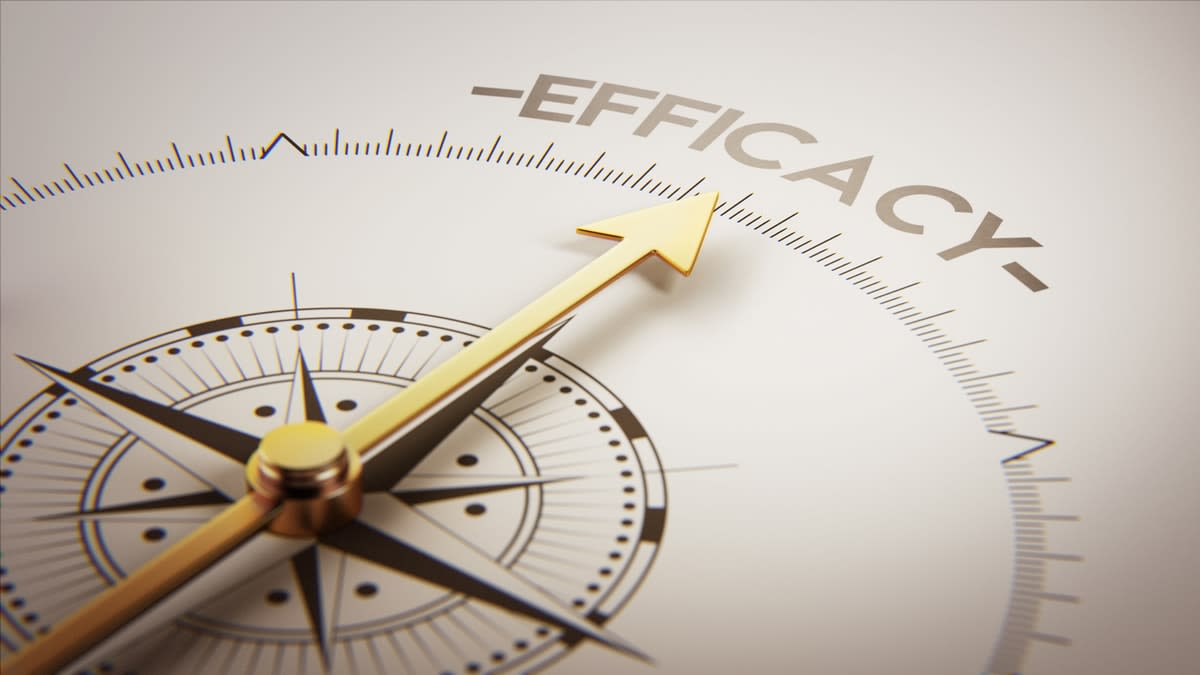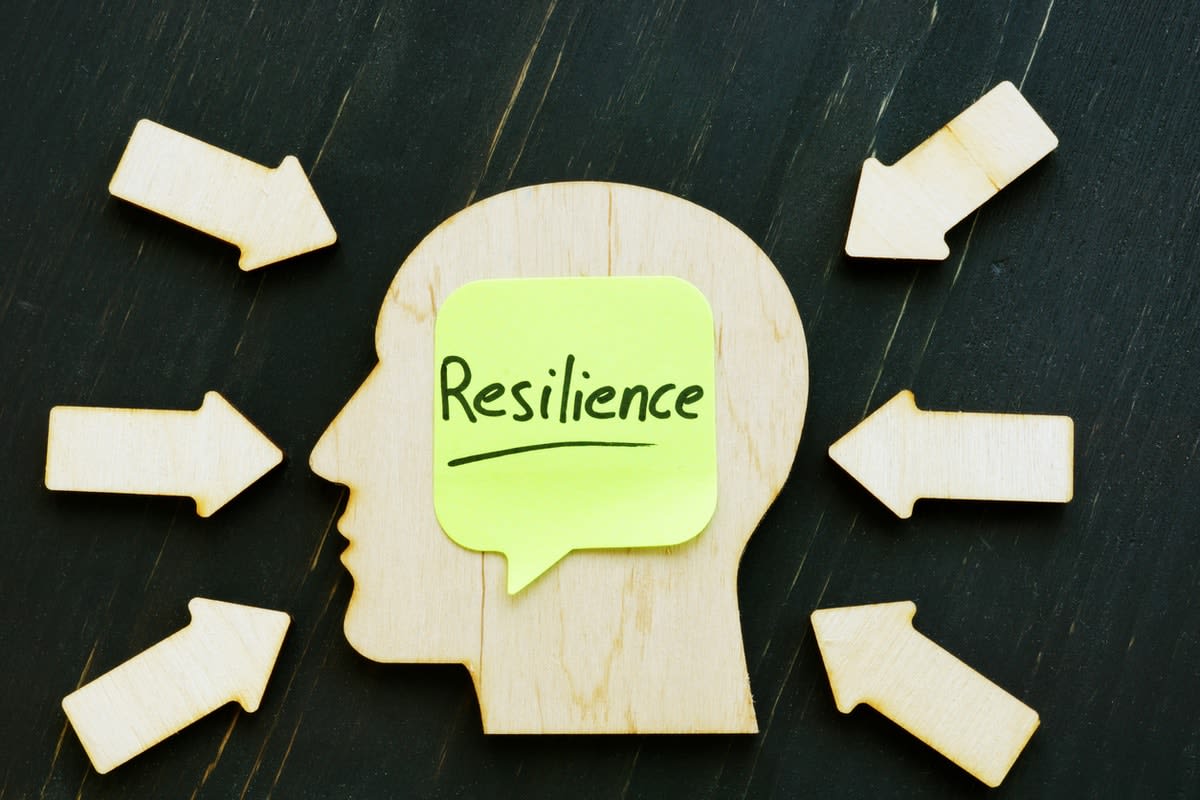What do you need to survive a crisis? A healthy bank account and low levels of debt? A good education? A belief in a higher power? Good neighbours and a strong sense of belonging? A bubbly personality?
The surprising answer is that the most resilient among us may have none of the above.
The people who cope best during challenging times are those who believe they have the capacity to survive them - a quality known as self-efficacy. They still feel the pain of divorce, or sudden unemployment, or the death of a loved one, but do not collapse under the weight of them.
Health economist David Johnston, with Monash colleagues Claryn Kung and Michael Shields, recently authored the paper Who is resilient in a time of crisis? The importance of financial and non-financial resources.
Mental health measured before and during the pandemic
Dr Johnston has a longstanding interest in resilience, and has examined, for example, the effects of natural disasters such as bushfires in Australia, and what communities need to become more resilient.
His latest paper examined data from the COVID-19 lockdown in the UK this year. The psychological resilience of some 13,000 respondents in 2020 was measured by comparing their mental health in 2020 with their mental health in 2017-19. Almost 15% of those surveyed experienced a significant increase in psychological distress.
The study compares how people with identical gender, ethnicity, health, parenthood status, education, employment status, and region of residence, as measured before 2020, coped with pandemic conditions.
"My research is aimed at understanding how people react to economic and social shocks, and how quickly they're able to bounce back," Dr Johnston says. "I'm particularly interested in what makes some people able to thrive in difficult situations, while other people really struggle and experience significant distress.
"Can we explain that variation? Because if we can, that knowledge is useful for deriving policies and programs to help people following adverse events."

While economics alone can't determine our resilience, our capacity to be resilient has economic consequences. The paper points out that "having a resilient population reduces the costs of any future crisis, which is important in an increasingly uncertain global environment, including the greater threat of natural disasters" - more likely to occur in an era of climate change.
"Increased resilience provides a form of self-insurance against future risk," the paper says.
The study's participants were part of the UK Household Longitudinal Study, an annual survey that began in 2009. The paper was based on the responses to four additional separate questionnaires in April, May, June and July of this year concerning the COVID-19 pandemic.
"I'm particularly interested in what makes some people able to thrive in difficult situations, while other people really struggle and experience significant distress."
"Some people had particularly severe experiences this year. For example, we looked at people who had suffered a big drop in earnings, which, as predicted, had a large negative impact on psychological wellbeing," Dr Johnston says.
But the paper also explored "the types of people who experienced that particular kind of severe shock in a more resilient way".
"What we found across our different models is that the only resource that consistently helped was a concept called self-efficacy," he says. Richer people were not necessarily more resilient than poorer people, for instance, even when their bank balance indicated otherwise.
Self-efficacy measured seven years previously
The survey had separately measured the self-efficacy of the respondents five to seven years before the pandemic struck. Dr Johnston says it's possible the self-efficacy of individual respondents had changed over that time, but that self-efficacy is generally a stable characteristic determined during childhood and young adulthood.
He defines self-efficacy as "a self-belief in your ability to successfully accomplish your goals and solve difficult problems. It's related to having an internal locus of control, which is a belief that your life outcomes are dependent on your own ability and hard work.
"The opposite of these concepts is when you feel that you don't have agency, you're not in control, things just happen to you, and if you tried to overcome adversity, you wouldn't succeed anyway. That would describe somebody with low self-efficacy."
The study's large sample size meant that it was possible to compare people of the same age and gender, living in the same area, with the same ethnic background, income, education level and number of children.
So "we look at differences between people who are identical in terms of all these demographic factors, but one's rich, one's poor, one's religious, one's not, one's got good neighbours, one doesn't, one has good self-efficacy, and one doesn't".
"We test which of these characteristics is predictive of resilient outcomes, and find that nothing else was important except self-efficacy."

Psychological distress was measured according to 12 criteria, including ability to concentrate, sleep loss, capacity to make decisions, being constantly under strain, enjoying normal daily activities, feeling unhappy or depressed, losing confidence, and feeling reasonably happy - all things considered.
The study describes self-efficacy as a "non-cognitive skill".
"Our work builds on a growing economics literature that shows that non-cognitive skills that you might develop during childhood are really important for success in life, for how you do economically, your ability to get a good job, how much you earn, etc.
"I came away from this study convinced that self-efficacy is an important skill to have, and thinking about my own children, and how to help instil that skill in them."
How is this done? Dr Johnston isn't sure, but says pointing out the small setbacks in a child's life, and encouraging them to develop the strength to keep going, might be one way.
"There are randomised control trials now to get the best evidence about what kind of programs might work, because there's a big push from governments and public health agencies to instil these skills in children," he says. "It will be interesting to see what's effective."
Featuring
-
David Johnston
Professor (Research), Centre for Health Economics
David's broad research interests are in health economics, labour economics, and microeconometrics; but he has a particular interest in the economics of mental health and wellbeing, and the economic impacts of people's environment. His current research is funded by an ARC Discovery Projects titled "Microeconomic Impacts of Australian Natural Disasters" and "Microeconometric Analysis of Socioeconomic Inequity in Mental Healthcare", an ARC Linkage Project with Beyond Blue titled "Insecure Work and the Mental Health of Workers and their Families", and a Wellcome Trust grant titled "Health and Economic Benefits of Water-Sensitive Revitalisation in Informal Urban Settlements".
-
Claryn Kung
Research Fellow, Centre for Health Economics, Monash Business School
Prior to joining the Centre for Health Economics at Monash, Claryn held a position in the Personal Social Services Research Unit (now Care Policy and Evaluation Centre) at the London School of Economics, where she currently holds a visiting appointment. She received her PhD from Monash University in 2017. Her research interests are in the economics of mental health and wellbeing, social capital, and cognition.






